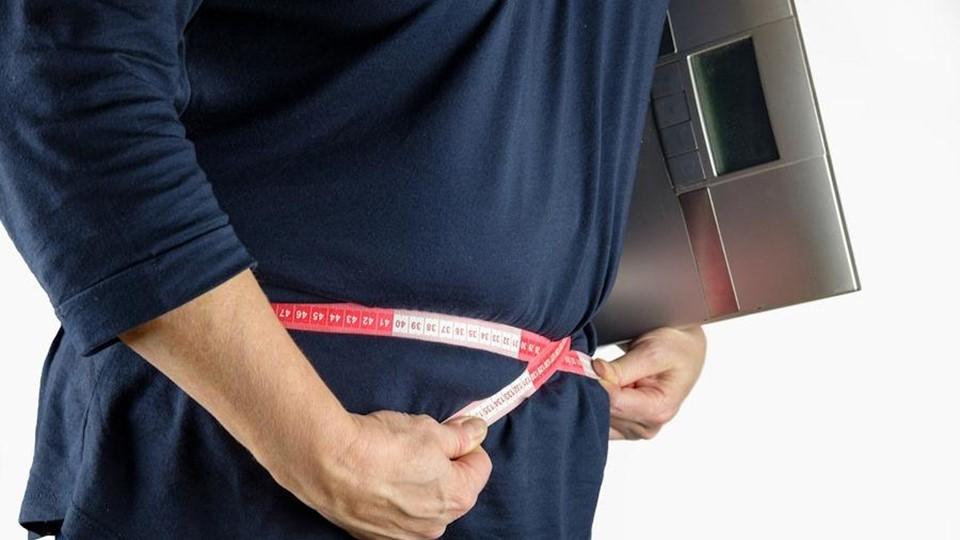Four digital weight-loss programmes get NICE support

People seeking help from the NHS to lose weight may soon be eligible to use digital programmes delivered via a smartphone or computer.
New guidance from health technology assessment (HTA) agency NICE backs the use of four programmes – Liva, Oviva, Roczen, or Second Nature – which provide lifestyle change advice to patients, as well as coaching support from healthcare staff in some cases.
Another three programmes (CheqUp, Gro Health W8 Buddy, and Wellbeing Way) need more evidence for their benefits and can't be recommended yet, said NICE.
The programmes will mainly be offered to patients with at least one weight-related condition, such as diabetes or high blood pressure, and a body mass index (BMI) of at least 35 kg/m2, after a face-to-face clinical assessment.
The threshold for eligibility may be lowered in some cases, according to NICE's early value assessment (EVA) published this morning, which is open for comment until 24th August. All four companies have to commit to generating additional evidence to support the efficacy of their programmes over the next four years.
The HTA organisation estimates that up to 48,000 people would be able to access the virtual services and, if all those eligible enrolled, up to 145,000 hours of clinician time would be saved.
"There is an unequal distribution of specialist weight-management services across the NHS, and in some areas there is no access to them," says the EVA. "In areas where there are services, there is an increasing number of people on waiting lists because of limited resources and funding."
Clinical experts estimate that 30% to 70% of people in England do not have access to a local specialist weight-management service, and between 10% and 30% are unable to attend face-to-face appointments because they lack the time or for mental health reasons.
Weight-loss drugs
NICE notes that some of the programmes include the ability to prescribe weight management medication, such as Novo Nordisk's GLP-1 drugs Wegovy (semaglutide) and Saxenda (liraglutide), alongside diet and exercise changes; although, so far only the latter once-daily product has been launched in the UK.
Wegovy, which is administered once weekly, but has been held up by supply constraints, was recommended by NICE as an option for weight loss earlier this year. Novo Nordisk recently reported the results of a study that showed that the drug reduced major adverse cardiovascular events (MACE) by 20%.
"The use of apps in weight management services will improve access to support that, alongside life-changing drugs, can help tackle obesity – which costs the NHS billions every year and is the second biggest cause of cancer," said Health and Social Care Secretary Steve Barclay.
In June, the UK government announced a two-year pilot backed with £40 million (around $50 million) to expand access to Wegovy through GPs, although there are reports this week that that could be scrapped.
In the 2021 Health Survey for England, published by NHS Digital, 25.9% of adults in England were living with obesity and a further 37.9% were overweight.
At the moment, only Liva is able to be made available to patients, as it has Digital Technology Assessment Criteria approval from NHS England. The other three are under review.













